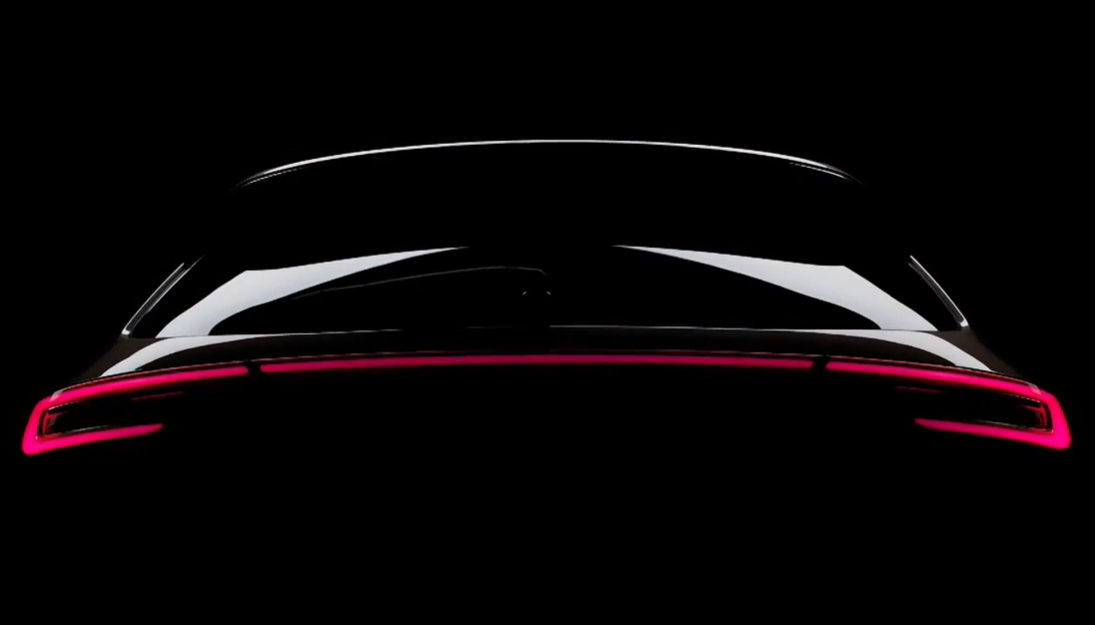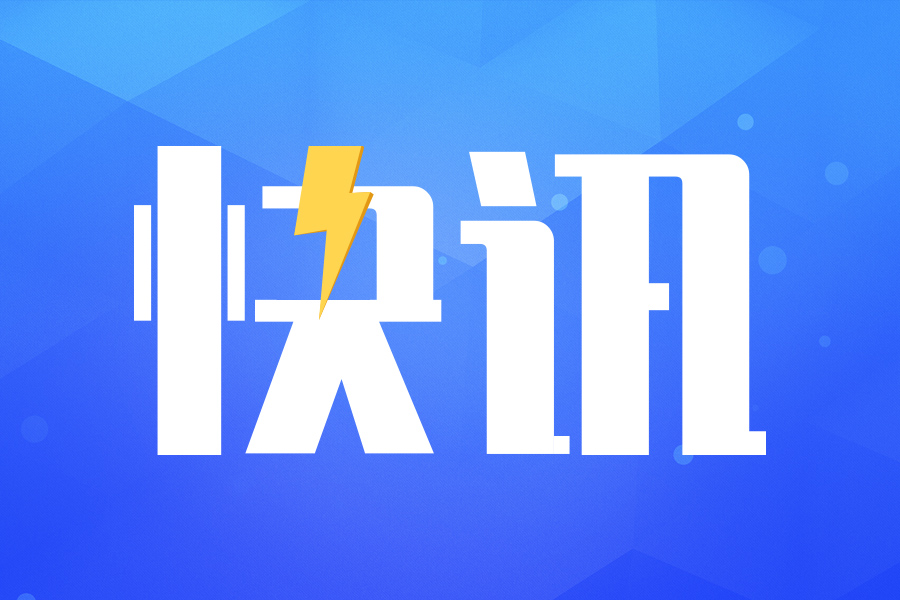
By Gabby Chen
(JW Insights) May 6 -- Major Chinese energy vehicle (EV) startup makers have released their April delivery results, revealing a growing gap in their performance amid the ongoing price war in the industry. Li Auto delivered more vehicles than NIO and XPeng combined, JW Insights and other Chinese media outlets reported.

The EV makers that released their April delivery reports include Li Auto (理想汽车), XPeng (小鹏汽车), NIO (蔚来汽车), NETA (哪吒汽车), Leap Motor (零跑汽车), GAC Aion (广汽埃安), Zeekr (极氪) and Deepal (深蓝汽车), according to a JW Insight analysis report on May 2.
Li Auto set a new record for monthly deliveries in April by delivering 25,681 vehicles, marking a year-on-year increase of 516.29%. The company's cumulative delivery volume has now reached 335,600 units.
Li Xiang, Chairman and CEO of Li Auto, announced that the L7 model achieved more than 10,000 deliveries in its first full delivery month. Additionally, he revealed that the company plans to launch its first pure electric vehicle by year-end, said a Pandaily report on May 4.
XPeng delivered 7,079 vehicles in April, similar to the 7,002 units delivered in March. The XPeng G6, a new model unveiled at Auto Shanghai last month, is anticipated to be launched and delivered during Q2 of this year. The G6 model is expected to become its new delivery growth engine.
In April, NIO sold only 6,658 vehicles, a 35.85% month-on-month decline. Industry insiders noted that the company's no-discount pricing strategy may be one of the key factors affecting its performance. Additionally, customers were required to pay for previously free services such as battery swapping, charging piles and NOP+.
NIO CEO William Li acknowledged during a media communication meeting that they are anticipating a decrease in customer purchasing willingness, said the Pandaily report.
Another significant highlight of April was the stabilization and recovery of delivery volumes for NETA and Leapmotor.
NETA delivered 11,080 vehicles. However, the mid-to-low-end models NETA V and NETA U remain the sales leaders with a combined delivery volume of 8,548 units, representing 77.15% of total sales. The sports car model NETA S sold a total of 2,237 units, while the recently launched sports car model NETA GT only had 295 deliveries, said Pandaily.
Leapmotor's delivery volume rose by 41% month-on-month to 8,726 vehicles, with the C series accounting for over 83% of total sales due to its higher unit prices.
A noteworthy trend is the substantial rise in market share of electric vehicle brands owned by traditional car manufacturers, such as GAC Aion, Zeekr, and Deepal.
GAC Aion, the NEV sub-brand of GAC, has become the only player among EV startups to achieve monthly sales of over 40,000 units. This marks the first time that Aion achieved two consecutive months of sales exceeding 40,000, with total sales this year of over 120,000 vehicles.
Zeekr, the premium electric car brand of China's Geely Automobile Holdings, also saw an impressive month-over-month growth of 21.58%, delivering 8,101 vehicles in April. The third model of Zeekr, the Zeekr X, is expected to begin deliveries in June.
Deepal, which is under Changan Automobile, delivered 7,756 vehicles in April, surpassing the monthly deliveries of NIO and XPeng, despite experiencing a 9.48% decline from the previous month.
According to an analysis by the China Passenger Car Association (CPCA), "The intense price competition in April eased, allowing for more rational consumption by consumers and resulting in a trend of stabilization and recovery in the overall market since the end of March."
In addition, the recent significant fluctuations in lithium material prices have had a considerable impact on the sales of electric vehicles, industry insiders noted.
The prices of lithium materials plummeted by 36.77% in March, prompting car manufacturers to reduce prices to remain competitive with traditional fuel vehicles. The pace of price decline slowed down in April.
Industry experts predicted that lithium material prices are not expected to surge in the short term, but rather recover gradually. However, NEV makers may still face cost pressures once the upstream supply chain completes its price reductions, said the JW Insights report.
RELATED
-
BYD plans to establish a sodium-ion battery plant in eastern China’s Xuzhou with an investment of RMB10 billion ($1.4 billion)
11-20 17:51 -
European Commission President von der Leyen will visit China in wake of the EU’s ongoing probe into China’s subsidies on EV industries
11-20 16:59 -
Chinese auto giant Changan Automobile plans to launch eight self-developed battery cells in the future
11-20 16:26









